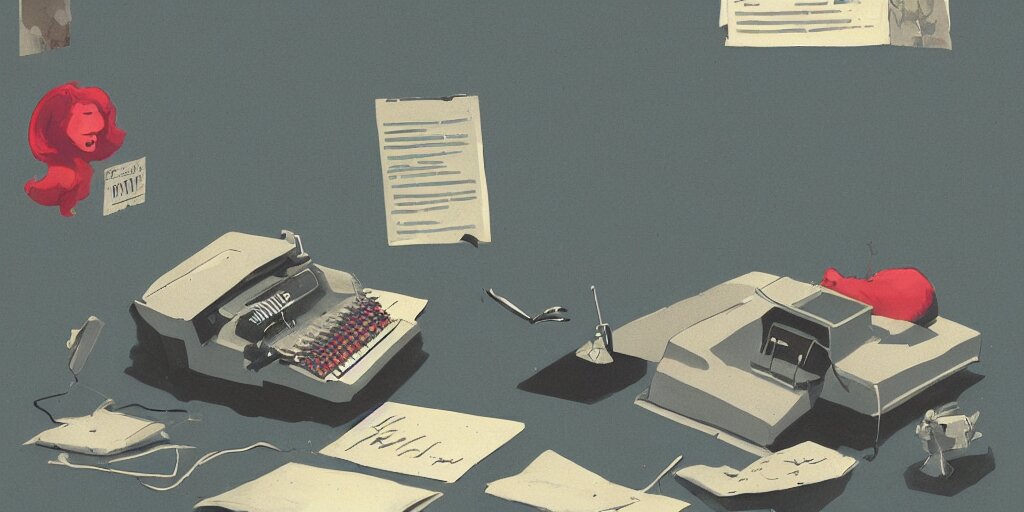Introduction:
Technical writing is a specialized form of communication that aims to convey complex technical information in a clear, concise, and understandable manner. Technical writing is essential in various industries, including science, engineering, technology, medicine, and finance. It documents and communicates technical information, such as instructions, procedures, user manuals, and technical reports.
In this article, we will discuss the features of technical writing, including its purpose, characteristics, and common elements. We will also provide examples of technical writing and tips for effective technical writing.
The Purpose of Technical Writing:
Technical writing aims to convey complex technical information in a clear, concise, and understandable manner. Technical writing documents and communicates technical information, such as instructions, procedures, user manuals, and technical reports. Technical writing is essential because it ensures that technical information is accurate, consistent, and accessible to its intended audience.
Characteristics of Technical Writing:
Technical writing has several characteristics that distinguish it from other forms of writing. Some of the key characteristics of technical writing include the following:
- Clarity: Technical writing must be clear and concise. It should avoid jargon, acronyms, and technical terms the reader may not understand.
- Accuracy: Technical writing must be accurate and precise. It should provide information that is factual and up-to-date.
- Objectivity: Technical writing must be objective and impartial. It should present information without bias or opinion.
- Audience-specific: Technical writing must be tailored to its intended audience. It should consider the reader's technical knowledge, experience, and needs.
Common Elements of Technical Writing:
Technical writing has several common elements that are used to convey technical information. Some of the common elements of technical writing include:
- Headings: Technical writing often uses headings to break up the text and make it easier to read.
- Lists: Technical writing often uses bullet points or numbered lists to present information in a concise and organized manner.
- Graphics: Technical writing often uses graphics, such as diagrams, charts, and illustrations, to convey complex technical information.
- Tables: Technical writing often uses tables to present data in a clear and organized manner.
Examples of Technical Writing:
Technical writing can take many forms, including instructions, procedures, user manuals, technical reports, and specifications. Some examples of technical writing include:
- User manuals for software or hardware products
- Safety manuals for industrial equipment
- Scientific research papers and reports
- Technical specifications for construction projects
- Engineering drawings and schematics
Tips for Effective Technical Writing:
To write effective technical documents, consider the following tips:
- Know your audience: Tailor your writing to your audience's technical knowledge, experience, and needs.
- Use clear and concise language: Avoid jargon, acronyms, and technical terms the reader may not understand.
- Organize your writing: Use headings, lists, and graphics to organize your writing and make it easier to read.
- Review and revise: Always review and revise your writing to ensure accuracy, clarity, and consistency.
- Use a consistent style: Use a consistent style throughout your document to ensure clarity and coherence.
Conclusion:
In conclusion, technical writing is an essential aspect of various industries that aims to convey complex technical information in a clear, concise, and understandable manner. Technical writing has several characteristics: clarity, accuracy, objectivity, and audience-specificity. Technical writing often uses common elements, such as headings, lists, graphics, and tables, to convey technical information effectively. By following the tips for effective technical writing, writers can produce high-quality technical documents that meet the needs of their intended audiences. Technical writing can be challenging, but with practice and dedication, writers can improve their skills and produce clear and concise technical documents that are accessible to all.
Get in touch
Maxsun International (HK) Ltd. translates and interprets English and over 100 other languages. You can be assured that experienced and certified professionals provide our language services. The interpreters and translators in our teams are all native speakers. As well as subject matter experts, they can also handle unique translation and interpreting assignments. You can contact us immediately for your urgent language service needs by calling +86-0755-82970459. You can also email us at Contact us. We are open 24/7, every day of the week.FAQs:
Q: What is technical writing?
A: Technical writing is a specialized form of communication that aims to convey complex technical information clearly and concisely. It involves communicating technical information to a specific audience so they can understand and apply it. Technical writing is used in various industries, including engineering, science, technology, medicine, and business, to create documents such as user manuals, instructions, technical reports, scientific papers, and proposals. The purpose of technical writing is to provide accurate, objective, and useful information for its intended audience. Technical writing requires strong writing and communication skills and a good understanding of technical concepts and terminology. Effective technical writing can help organizations improve their products, services, and operations and ensure compliance with regulatory requirements.
Q: What are the common types of technical writing?
A: Some common types of technical writing include user manuals, instructions, procedures, technical reports, scientific papers, and specifications.
Q: What skills are needed for technical writing?
A: Technical writing requires strong writing and communication skills and a good understanding of technical concepts and terminology. Attention to detail, organization and the ability to work independently are also important.
Q: How can I improve my technical writing skills?
A: To improve your technical writing skills, consider taking courses or workshops, reading technical documents, practicing writing clearly and concisely, and seeking feedback from others.
Q: What are some challenges of technical writing?
A: Some technical writing challenges include translating complex technical concepts into understandable language, maintaining accuracy and consistency, and tailoring the writing to different audiences with varying levels of technical knowledge.





